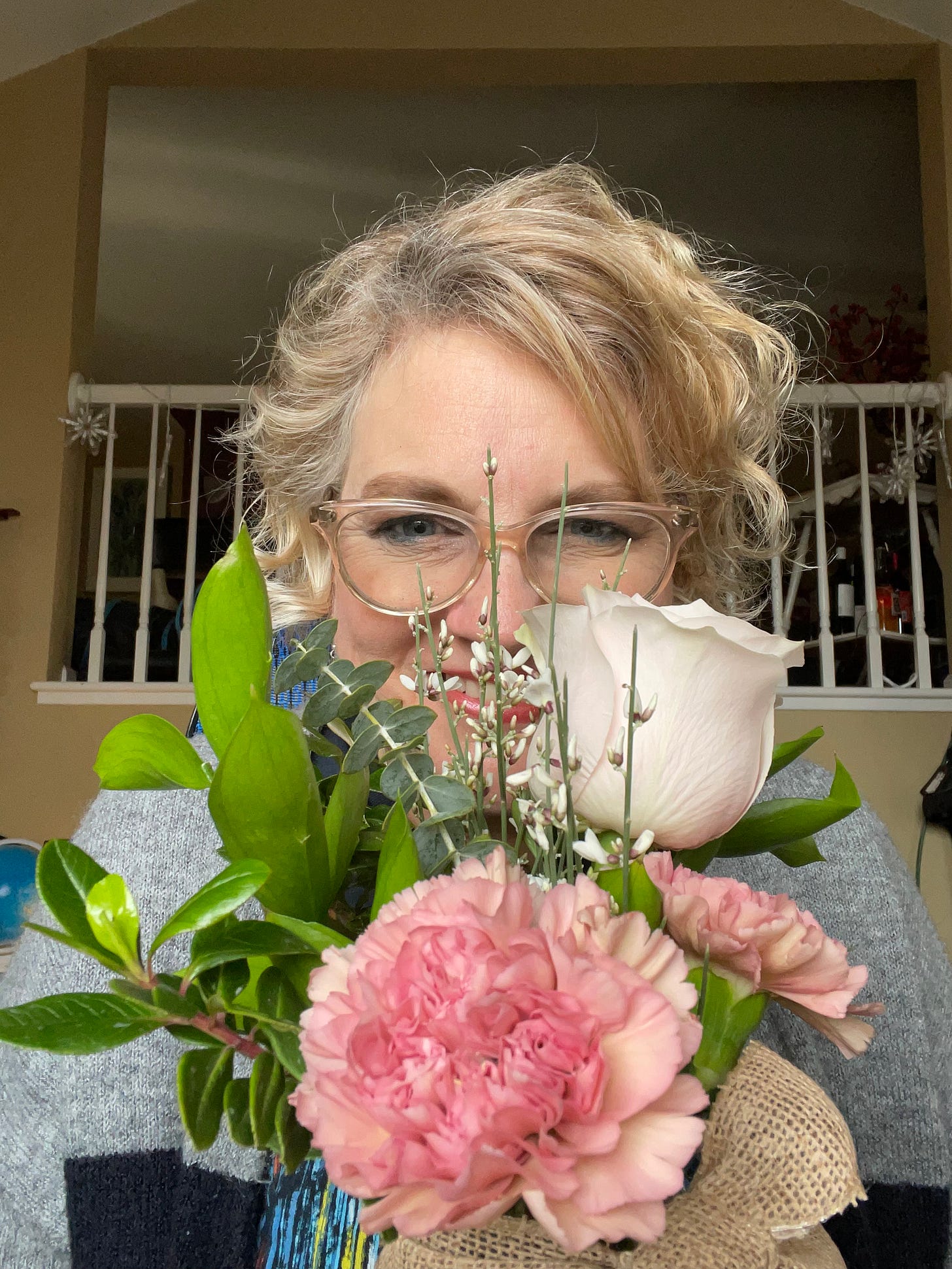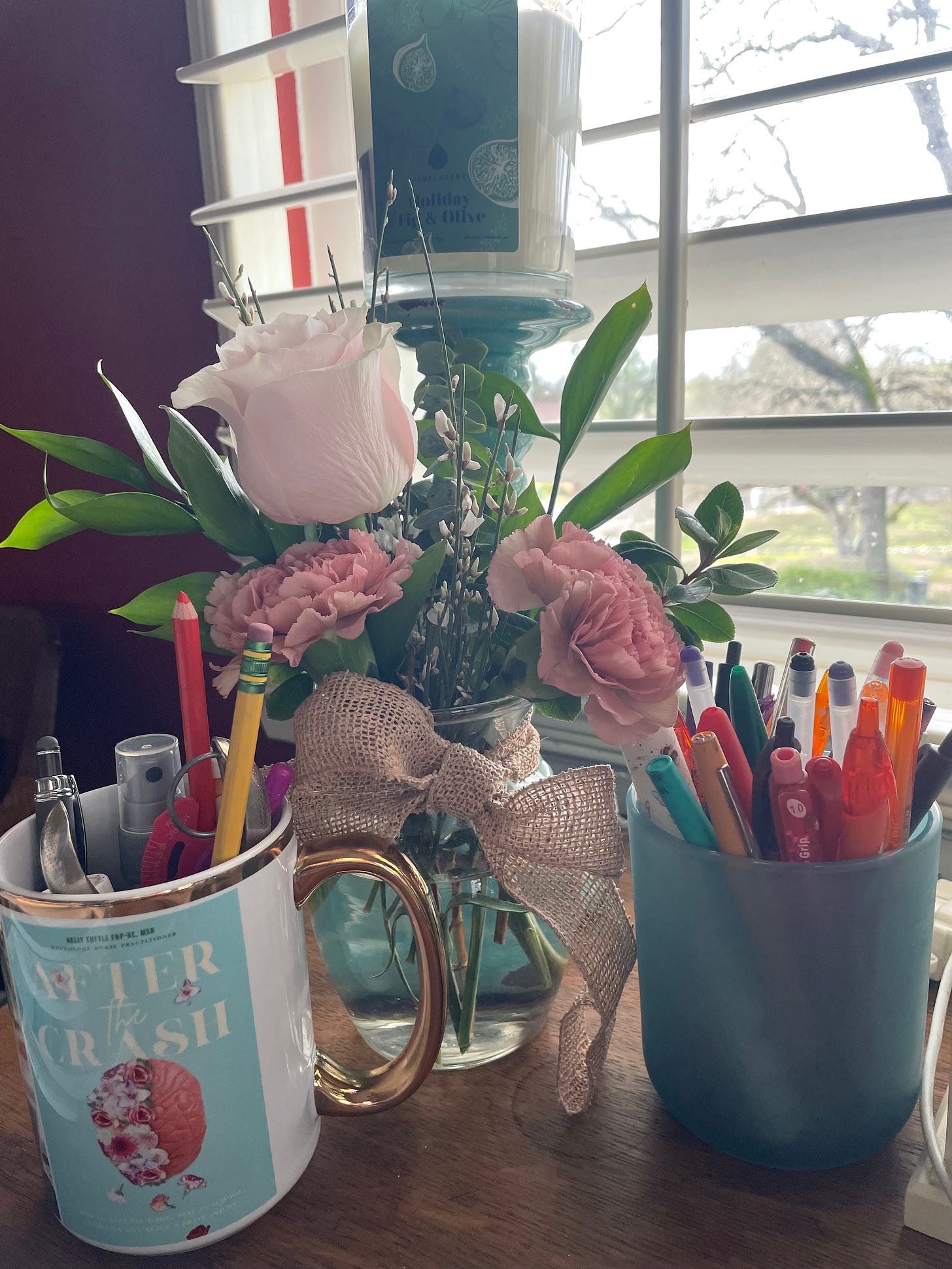Will My Coworkers Still Recognize Me?
When You Return to Work After a Brain Injury, You May Not Be the Same Person
After my car crash, I would look in the mirror and see my face, but I didn't know the person looking back at me. My body had survived the crash, but the person I used to be died.
The things I once enjoyed no longer interest me. I felt I couldn't trust my perception of the world or the people around me. I felt lost and trapped within my head.
Eight Years After My TBI, Celebrating the Publication of My Book, “After the Crash”
When you return to work after your recovery, you may not be the same person you were. Your passions and drive may shift, which can impact your focus and motivation. Your brain may process and function differently, which may affect how you feel about yourself, your role, behavior, emotions, and performance at work.
You may notice changes in your personality after your brain injury. Suppose you were once outgoing and enjoyed spending your lunch breaks with colleagues in a conference or break room. Now, you might prefer eating alone outside while enjoying the sunshine.
Before your brain injury, you may have been quiet and reserved. Now you may be speaking up at work and more willing to take on challenges.
You may have considered yourself more of a left-brain person who liked organizing and planning projects, and you now find yourself enjoying creating merchandise displays or marketing graphics.
Before my brain injury, I was a cardiology nurse practitioner. But my passions and interests changed, and two years later, I was working as a neurology nurse practitioner.
If you notice changes in your personality, behavior, or mood, pay attention to them. These changes can be good, but they can also impact your coworkers, perplex your manager, or even change your career plans.
Behind the Scenes Look at My Writing Desk
Consider consulting a neuropsychologist who can administer a neuropsychological exam to assess your strengths and weaknesses, enabling you to better support your brain's performance at work through compensatory tools and strategies.
If needed, solicit the insights of your trusted family members, friends, counselor, speech therapist, or occupational therapist.
Embrace journaling and mindfulness as tools to discover and understand your new brain and the new transformed you.
Take care, get better, get stronger,
Kelly Tuttle
Brain-Loving Advocate
P.S. As a brain injury survivor, I understand the challenges of reintegration into the workforce. If you're also a survivor looking to return to work, please visit my website for my online program: Return to Work and Life After a Brain Injury.
You can also find my book, After the Crash: How to Keep Your Job, Stay in School, and Live Life After a Brain Injury, and additional resources.
My book, After the Crash, is also on Audible.
My book, After the Crash: How to Keep Your Job, Stay in School, and Live Life After a Brain Injury, can be found on Amazon or at your favorite independent bookstore
I created a journal just for you! Check out My Brain Injury Recovery Journal






